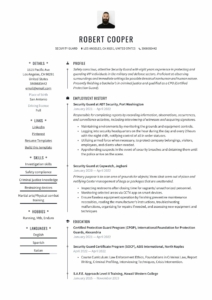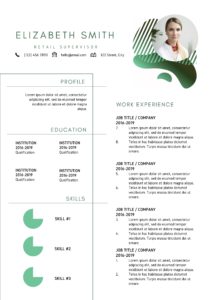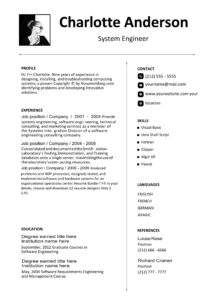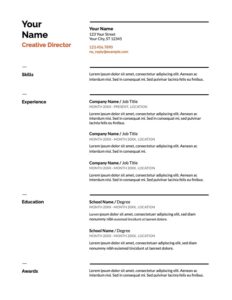Working with a recruiter can be a frustrating or rewarding experience. Like any relationship, it requires honest communication, reliability, and compromise of both parties to have magic work.
In every industry, there will always be a few “bad apples,” but don’t let that hinder you from working with a qualified professional. They can be fully worth the effort and might just be the difference between getting the job you want and an offer you are forced to take.
There are two basic types of recruiters: internal- and external recruiter. Both work for a client (company). The internal recruiter is a salaried employee who collaborates with both candidates and external recruiters. The external recruiter works with the enterprise via contract or “fee agreement.” They have several clients which mean they can introduce you to several potential employers. They don’t get paid unless you get hired. Sequentially they typically have a more vested interest in your success. The external recruiter is NOT a Temp Agent nor do they work for an Employment Agency. Their job is to find the elusive, ideal candidate. Their value is dependent on you, the candidate. You represent the recruiter.
Honest Communication with Recruiters
How to work successfully with a recruiter is? Start with great communication that sets out clear expectations at the beginning. Relay your objectives to your recruiter. Communicate your desired frequency of updates & conversations and availability, including specific days and times. According to several resources such as Business Wire, over 50% of professionals prefer text to any other communication method.
If your recruiter seems unreachable, try a text! According to Forbes, most people can’t resist responding to a text longer than 10 minutes after receiving it. Texting, as a preferred method of communication, is rising exponentially due to its efficiency. Be sure you reciprocate your requirements. If you say you are available on Monday at 3 pm, be available at that time. If you have an emergency, send a quick text offering a contingent alternative.
I’ve often heard frustrated candidates complain that their recruiter isn’t providing feedback. You believe you nailed the interview, but the client passed. Often, the client doesn’t convey their reasons to the recruiter, so they are left guessing just as much as you or more since they weren’t present for the meeting. The client may not have felt a connection, or they may have found someone asking for a lower salary. They may not be serious about hiring immediately and may want to see several candidates before deciding. Engage the recruiter by asking for their recommendations for improvement.
Reliable candidate, Reliable Recruiter

Develop a reputation for showing up 5 minutes early to each meeting. Attend and actively engage in every interview. You have every right to expect the same respect from the client and the recruiter. If a client doesn’t call for a scheduled phone conversation or makes you wait more than 10 minutes, let your recruiter know immediately. Give the client another chance, but don’t beat their disposal. Through basic courtesy, you and your recruiter will earn invaluable credibility and build a trusting relationship.
Compromise
We all want more money, but you need to know your market value first. It is just as counterproductive to ask for too much money as to ask for too little. If you have been unemployed for six months or longer, you must be flexible. You may have to settle for your previous ending salary or less. Don’t hold out for more when you don’t have the upper hand. You might have to start with a lower wage, but working with your recruiter, he or she may be able to negotiate additional terms with the client such as a review to consider a 10% increase after 90 days or a 15 % increase if “X” is met within 180 days, etc. This is why you should avoid employment gaps without any career-related activities (consulting, freelancing, volunteering, etc.)
If you are gainfully employed, a 20% increase in your base salary is reasonable, but accept no lower than 10%. You probably won’t see an amount above 30%. Accept your agreed amount. If your request for $120K has been met, accept the offer and so not counter offer with $130K. Just as you expect others to keep their word, the same is expected of you and you have every right to require equivalent respect. © 2019






